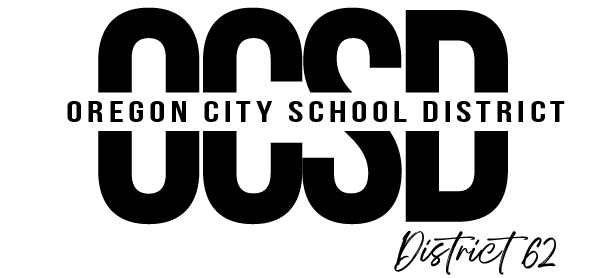
Speech & Language
Speech Language Pathologists help each child find their voice.
Speech and language skills are essential to academic success and learning. Language is the basis of communication. Reading, writing, gesturing, listening, and speaking are all forms of language. Learning takes place through the process of communication. The ability to communicate with peers and adults in the educational setting is essential for a student to succeed in school.
School-based Speech Language Pathologists (SLPs) provide speech-language services in elementary, middle, high, and post-high school to support access to curriculum. This includes collaborating with other disciplines, screening, assessing, intervening, and referring for the full range of communication disorders, including those involving:
Language
Services may be required when a student’s ability to understand, form, or use language is well below age or developmental expectancies and significantly impedes educational performance
Articulation (speech sounds)
Services may be required when a student’s speech significantly interferes with communication, attracts adverse attention and impacts educational performance.
Fluency (stuttering)
Services may be required when a student demonstrates disruption in the flow of speech (difficulty getting words out) and those disruptions adversely affect educational performance in academic, non-academic, and extracurricular (social) areas of a student’s educational experience.
Voice and Resonance
Services may be required when a student’s voice is persistently abnormal and impacts educational performance.
Feeding
SLPs are also members of Feeding Teams, which evaluate and plan safe eating protocols.
Services delivery approaches may include:
Consultation: providing education and support to the classroom teacher, paraprofessional, service providers and/or parent(s), related to the needs of students with communication disorders.
Collaboration: working with the classroom teacher and other service providers to implement an integrated intervention program in the classroom for students with communication disorders.
Direct: the SLP or SLPA (Speech-Language Pathology Assistants) providing small group or individual specially designed instruction that is aligned with the classroom curriculum and common core standards. Both collaboration and pullout are direct service approaches.
Parents and guardians with concerns regarding their student’s communication skills may contact their classroom teacher for more information.
Information adapted from the American Speech and Hearing Association and www.sandi.net. The Oregon Department of Education facilitates the provision of speech and language services in the public school system.

